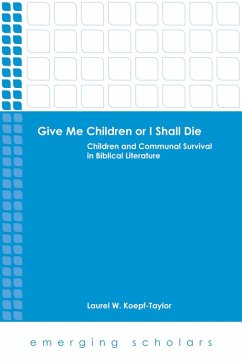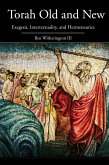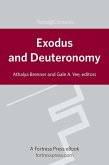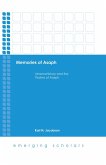In the subsistence agricultural social context of the Hebrew Bible, children were necessary for communal survival. In such an economy, children's labor contributes to the family's livelihood from a young age, rather than simply preparing the child for future adult work. Ethnographic research shows that this interdependent family life contrasts significantly with that of privileged modern Westerners, for whom children are dependents. This text seeks to look beyond the dominant cultural constructions of childhood in the modern West and the moral rhetoric that accompanies them so as to uncover what biblical texts intend to communicate when they utilize children as literary tropes in their own social, cultural, and historical context.
Dieser Download kann aus rechtlichen Gründen nur mit Rechnungsadresse in A, B, BG, CY, CZ, D, DK, EW, E, FIN, F, GR, HR, H, IRL, I, LT, L, LR, M, NL, PL, P, R, S, SLO, SK ausgeliefert werden.









